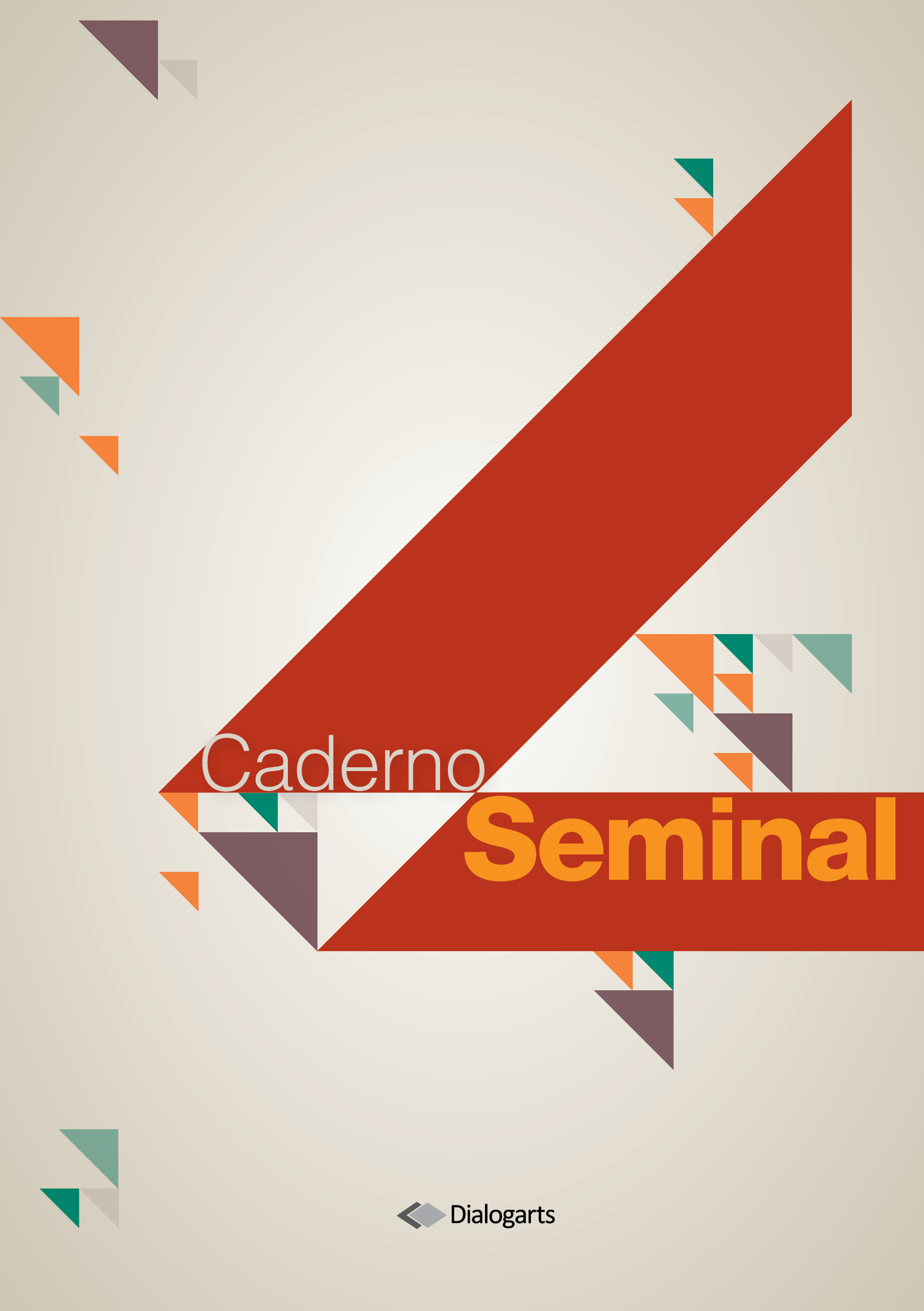HISTÓRIAS DIGITAIS NA SALA DE AULA DE LÍNGUA INGLESA
Conteúdo do artigo principal
Resumo
Nos últimos anos, em especial após a pandemia da COVID-19, o uso crescente de tecnologias digitais tem mudado o modo que a sociedade relaciona-se, comunica-se, estuda e aprende. Dessa forma, vê-se a necessidade da inclusão dessas novas tecnologias em sala de aula, bem como a Base Comum Curricular Brasileira de 2018 determina. O professor de língua tem então diante de si o desafio de incluir o mundo digital em sala, ao passo que trabalha habilidades linguísticas de seus alunos. Neste contexto, as Histórias Digitais (HD) entram como ferramenta pedagógica que inclui esses e outros aspectos no ensino de uma segunda língua. Sendo assim, o presente artigo objetivou o mapeamento de trabalhos científicos sobre a utilização de HD na sala de aula de uma segunda língua, com enfoque na língua inglesa. Para tanto, realizou-se uma revisão sistemática no Portal de Periódicos da CAPES com o recorte temporal de dez anos (2012-2022). Selecionou-se estudos que, em geral, possuem em seus resultados a produção de HD como meio de se trabalhar habilidades linguísticas e comunicativas, bem como a motivação dos estudantes na aprendizagem de uma segunda língua, tornando ainda possível a integração de recursos digitais em sala de aula.
Downloads
Detalhes do artigo
Ao submeter seus manuscritos para publicação em nossos periódicos, os autores concordam com os seguintes termos:
a. Autores mantêm os direitos autorais e concedem à revista o direito de primeira publicação, com o trabalho simultaneamente licenciado sob a Creative Commons Attribution License, que permite o compartilhamento do trabalho com reconhecimento de sua autoria e da publicação inicial neste periódico.
b. Autores têm autorização para assumir contratos adicionais separadamente, para distribuição não exclusiva da versão do trabalho publicada neste periódico (ex.: publicar em repositório institucional ou como capítulo de livro), com reconhecimento de sua autoria e da publicação inicial neste periódico.
c. Autores têm permissão e são estimulados a publicar e distribuir seu trabalho online (ex.: em repositórios institucionais ou na sua página pessoal) antes ou durante o processo editorial, já que isso pode gerar alterações produtivas, bem como aumentar o impacto e a citação do trabalho publicado.

